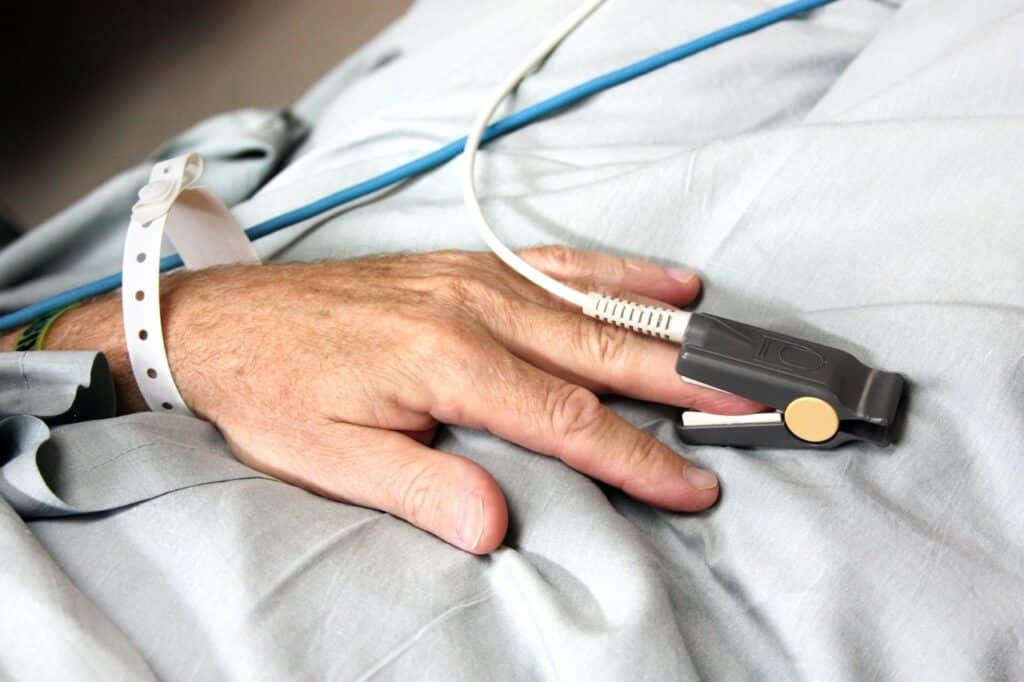If you’re dealing with kidney failure, you’re not alone. More than 661,000 Americans are experiencing this condition, and 468,000 are on dialysis. If you have questions about possible treatments for managing kidney disease, you should see a nephrologist in Dallas who can put your mind at ease and begin a treatment plan. In the meantime, here’s what you should know about kidney failure: what it is, what causes it, and what treatments are available.
What Happens When You Experience Kidney Failure?
The main job of your kidneys is to filter waste from the blood and remove toxins from the body by sending them to the bladder for urination. When your kidneys fail, that process is inhibited.
This can lead to a number of uncomfortable symptoms that range from fluid retention and shortness of breath to fatigue and confusion. Seizures, coma, and even death can occur if you don’t get treatment from a nephrologist in Dallas you can trust. This is why it’s so important to first understand what kidney failure is, and then get it treated right away.
What Causes Kidney Failure?
There are many possible causes of kidney failure, but diabetes and high blood pressure are among the most common. Autoimmune diseases like lupus can also lead to kidney problems.
Any health problem that stops your body from eliminating waste can overload the kidneys. That’s why some causes of kidney failure include kidney stones, blood clots in the urinary tract, and any problems with the prostate, colon, or bladder. Other causes of kidney failure may include drug use, infections, inflammation of the blood vessels, and certain types of cancer.
What Are the Kidney Failure Treatment Options?
Once your nephrologist in Dallas has determined what’s caused your kidney failure, he or she can work on a treatment plan for you. There are two main treatment options: dialysis and kidney transplant.
Dialysis is a process to replace the work of the kidneys when they no longer function normally. With hemodialysis, your blood will go through a filter that cleans it and returns it to your body. With peritoneal dialysis, you put a specialized fluid into your abdomen that absorbs all the waste from your blood, before draining the fluid.
A kidney transplant is when a donor kidney—from either a living or deceased donor—is placed into your body. It is possible to spend a few years on the transplant list before receiving a donor kidney, and dialysis is necessary until you receive a transplant. If the kidney transplant is successful, you won’t have to get dialysis anymore.
If you have reason to believe your kidneys are failing, it’s important to talk to a nephrologist in Dallas to get a diagnosis and treatment plan. Contact the Texas Kidney Institute today to learn how we can help!

